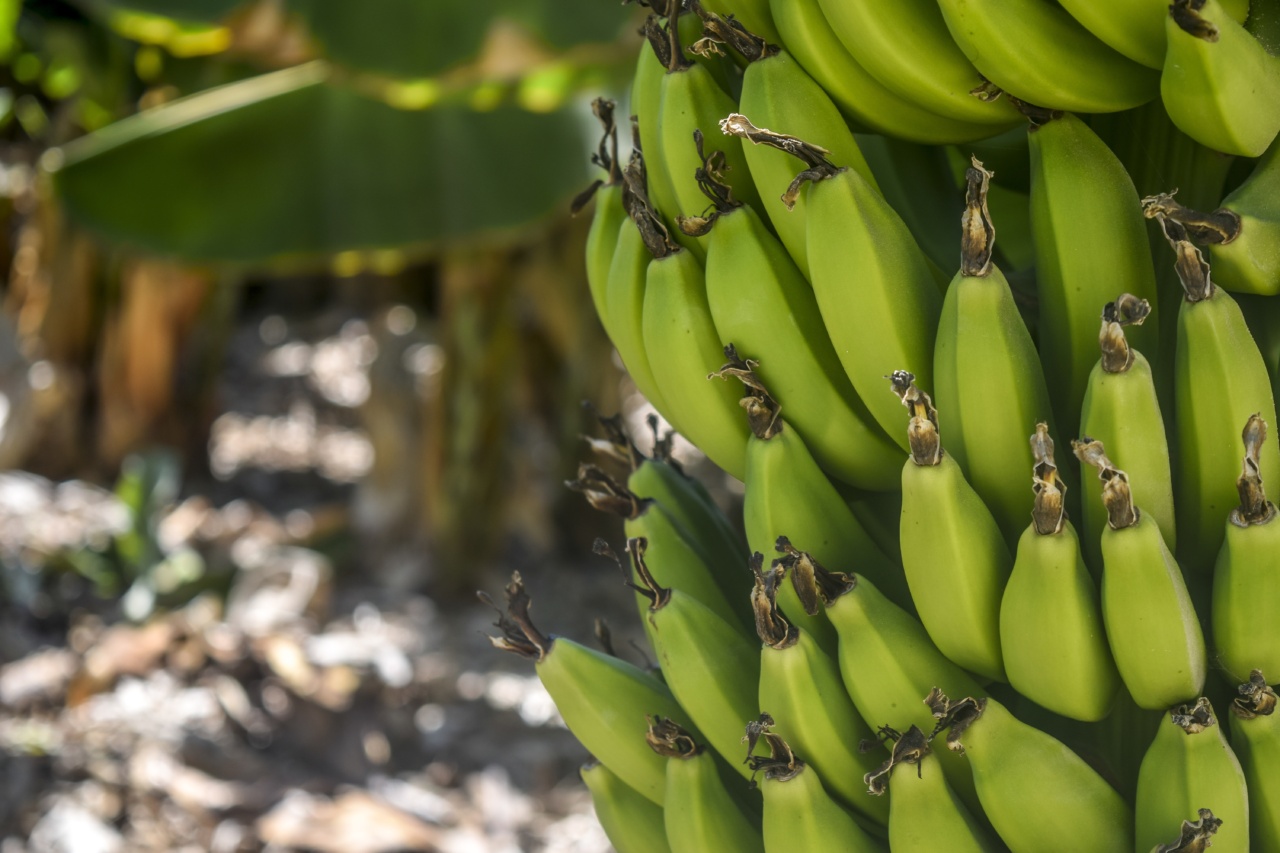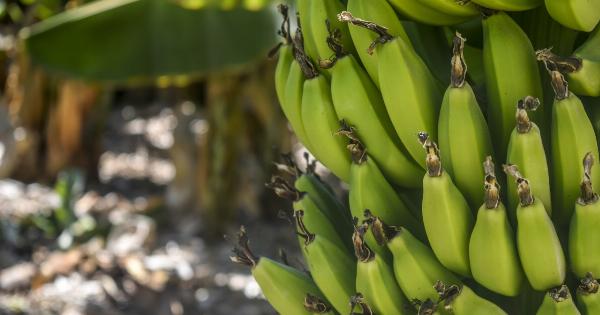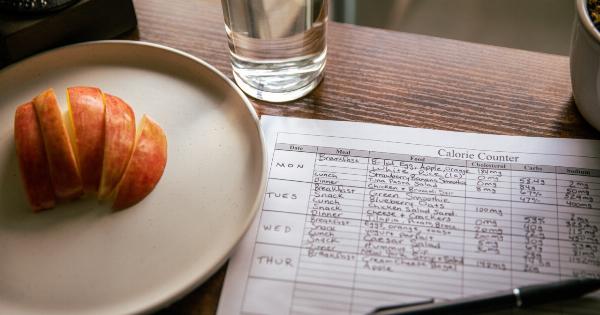Potassium is an essential mineral that plays a vital role in maintaining proper body functions. It helps regulate blood pressure, support muscle and nerve function, and maintain proper hydration levels.
While bananas are often celebrated as the go-to source for potassium, there are plenty of other foods that are equally or even more potassium-rich. In this article, we will explore some non-banana foods that are high in potassium and can help you meet your daily potassium needs.
1. Sweet Potatoes
Sweet potatoes are not only a delicious and versatile vegetable, but they are also an excellent source of potassium. A medium-sized sweet potato can contain approximately 450mg of potassium, making it a great addition to your potassium-rich diet.
Whether mashed, roasted, or baked, sweet potatoes can be enjoyed in various dishes for a healthy potassium boost.
2. Spinach
Spinach is a nutrient-dense leafy green vegetable that contains a significant amount of potassium. Half a cup of cooked spinach provides around 420mg of potassium.
This superfood is also rich in vitamins, minerals, and antioxidants, making it an excellent choice for overall health and well-being.
3. Avocado
Avocado is not only creamy and delicious but also a great source of potassium. A medium-sized avocado can contain around 975mg of potassium.
Additionally, avocados are rich in heart-healthy fats, fiber, and other essential nutrients, making them a nutritious choice for those looking to increase their potassium intake.
4. White Beans
White beans are a fantastic plant-based source of potassium. A half-cup serving of cooked white beans can provide about 480mg of potassium.
They are also rich in fiber, protein, and other essential minerals, making them a versatile and healthy addition to various dishes, including soups, salads, and stews.
5. Salmon
Salmon is not only packed with omega-3 fatty acids but is also a good source of potassium. A 3-ounce serving of salmon contains approximately 534mg of potassium.
Including salmon in your diet not only helps you meet your potassium requirements but also provides you with heart-healthy fats and high-quality protein.
6. Yogurt
Yogurt is a nutritious dairy product that can be a good source of potassium. A cup of plain, low-fat yogurt typically contains around 500mg of potassium.
However, it is important to choose the unsweetened and low-fat varieties to avoid excess sugar and calories.
7. Mushrooms
Mushrooms, whether white, cremini, or shiitake, are not only low in calories but are also a decent source of potassium. Half a cup of cooked mushrooms provides approximately 280mg of potassium.
They can be a delicious addition to soups, stir-fries, omelets, or simply enjoyed as a side dish.
8. Pomegranate
Pomegranate is a vibrant and nutritious fruit that can contribute to your daily potassium intake. A medium-sized pomegranate contains around 666mg of potassium.
It is also packed with antioxidants and vitamins, making it a healthy choice for overall well-being.
9. Brussels Sprouts
Brussels sprouts are not only high in fiber and vitamins but also a good source of potassium. Half a cup of cooked Brussels sprouts provides approximately 245mg of potassium.
Whether roasted, sautéed, or steamed, Brussels sprouts can make a nutritious and potassium-rich addition to your meals.
10. Coconut Water
Coconut water is a refreshing and hydrating beverage that can also contribute to your potassium intake. An 8-ounce serving of coconut water typically contains around 600mg of potassium.
It is a natural electrolyte drink that can help replenish lost minerals after exercise or intense physical activity.
Conclusion
While bananas are often considered the go-to source for potassium, it is essential to explore other non-banana options that are also high in potassium.
Sweet potatoes, spinach, avocado, white beans, salmon, yogurt, mushrooms, pomegranate, Brussels sprouts, and coconut water are all excellent choices to incorporate into your diet for a potassium boost. Remember to consume a variety of potassium-rich foods to ensure you meet your daily recommended intake. Consult with a healthcare professional or registered dietitian to determine the appropriate potassium intake for your specific needs.





























